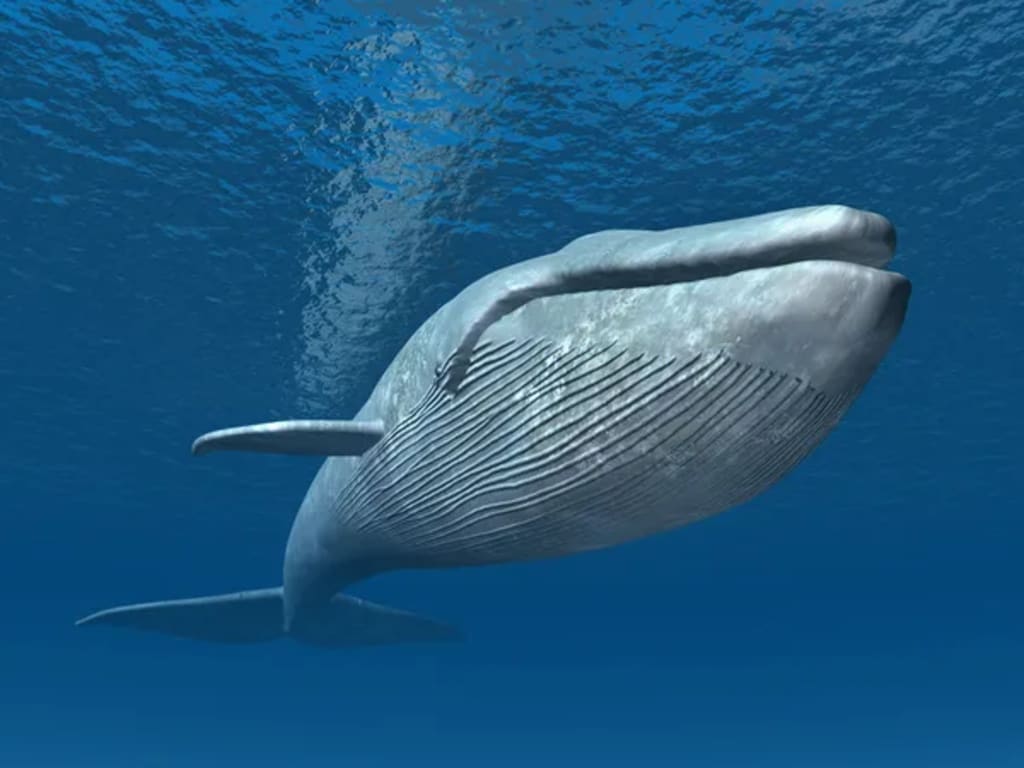Can You Survive Inside a Whale?
Will it be possible for a human to survive when swallowed by a whale?

In "Pinocchio," Geppetto is swallowed by a giant whale while searching for Pinocchio. He keeps up with the ship using a tiny fishing boat and suddenly finds himself inside the monstrous whale, where Pinocchio tells him that after jumping in the water to save him, the curse that turned him into a donkey washed away, and he became human again.
As a child, this always made me wonder: can a human survive inside a whale? According to a late nineteenth-century story, James Bartley was reported to have been swallowed whole by a sperm whale. Allegedly found alive days later in the whale's stomach, which was dead from harpooning, this tale first appeared anonymously in American newspapers. An article was published in the St. Louis Globe-Democrat of Saint Louis, Missouri, and later in other newspapers under titles like "A Modern Jonah."
However, in reality, if a human were swallowed by a sperm whale, they would likely not survive. Sperm whales are enormous creatures with teeth as long as an average chef's knife. If someone somehow avoided these teeth, they would slide down the whale's throat into its stomach.
Inside the whale's stomach, the environment is hostile: dark, slimy, and lacking oxygen, making it difficult to see and breathe. Hydrochloric acid present in the stomach would begin to corrode the human's skin.
The acids in the whale's stomach are extremely potent, capable of breaking down almost everything that enters, including the person's body. Eventually, only bones and a few indigestible items would remain. The remains of the person would eventually be expelled from the whale as waste, similar to how all animals expel what they cannot use.
Despite these biological facts, a recent incident has reignited curiosity and skepticism about the possibility of a human surviving inside a whale. Michael Packard, a seasoned lobster diver, made headlines when he claimed he was swallowed by a humpback whale while diving off Cape Cod. Packard vividly described being sucked into the whale's mouth and then ejected after about 30 seconds. Despite the sensational nature of his account, medical examinations revealed no serious injuries, with no soft tissue damage or broken bones reported by doctors.
Michael Packard, a 54-year-old experienced scuba diver, remains steadfast in his story. He points to a similar incident involving Reiner Schimpf two years earlier off the South African coast during a sardine run. Schimpf, a photographer, captured photographic evidence of himself being briefly engulfed by a whale.
Experts emphasize the extreme rarity of such incidents, with odds estimated at one in a trillion. The idea of a whale swallowing a human whole and the human surviving challenges conventional understanding of marine biology and human physiology. Yet, both Packard and Schimpf emerged unharmed, prompting discussions among scientists and the public alike.
While the survival of Michael Packard and Reiner Schimpf may seem miraculous, it raises questions about the resilience of the human body and the potential for unique interactions between humans and marine life. These incidents, whether fact or folklore, continue to fascinate and inspire wonder about the mysteries of the ocean and the creatures that inhabit it.
In conclusion, while the tale of Jonah in the biblical narrative and fictional stories like "Pinocchio" capture our imagination, real-life accounts like those of Packard and Schimpf challenge us to reconsider what we know about the capabilities of both whales and humans in extreme encounters. As technology and understanding of marine environments advance, perhaps more light will be shed on these extraordinary events, offering new insights into the natural world and our place within it. The human fascination with such encounters persists, reflecting our deep-seated curiosity about the unknown and our admiration for the resilience of life in the face of seemingly insurmountable odds.
About the Creator
Enjoyed the story? Support the Creator.
Subscribe for free to receive all their stories in your feed. You could also pledge your support or give them a one-off tip, letting them know you appreciate their work.






Comments
There are no comments for this story
Be the first to respond and start the conversation.